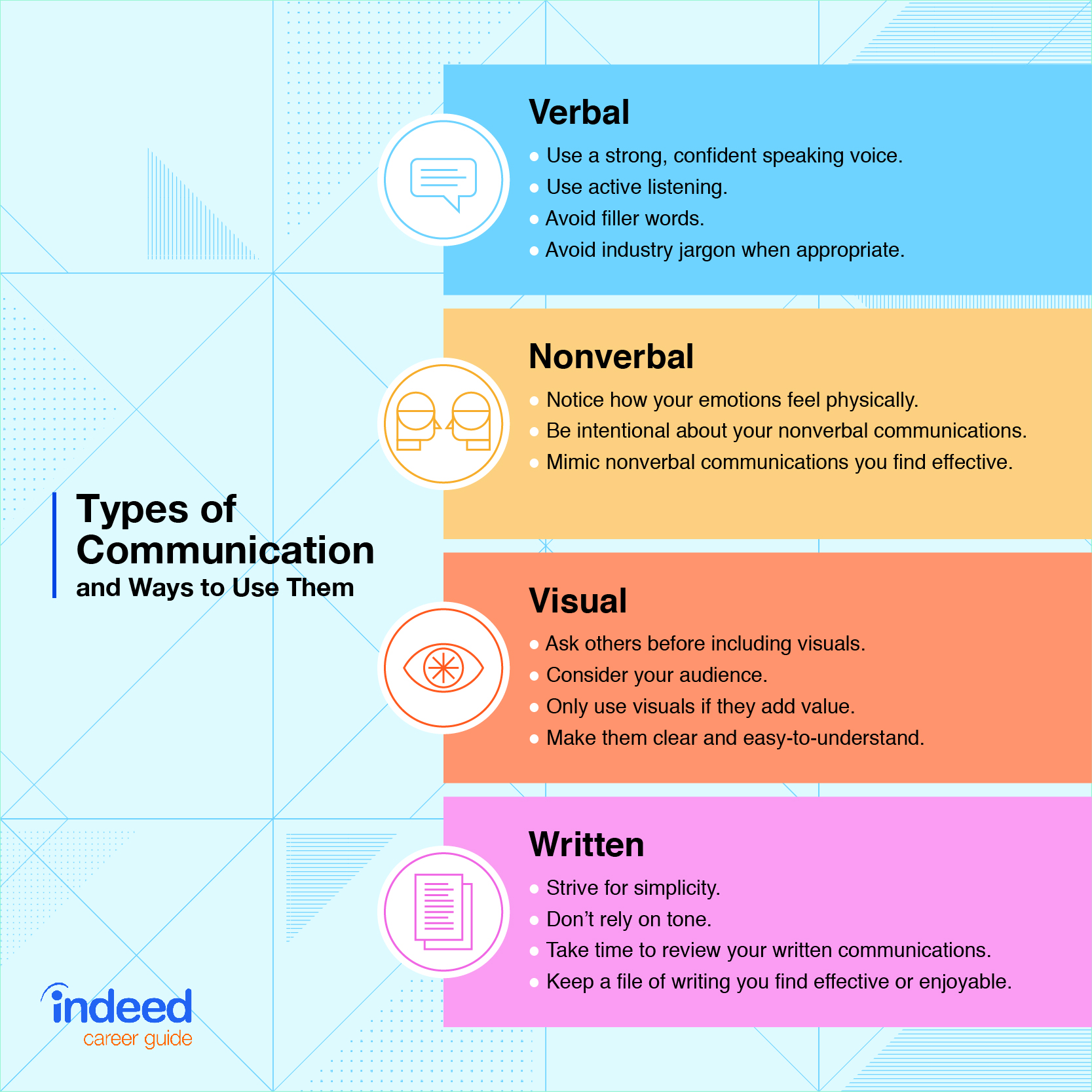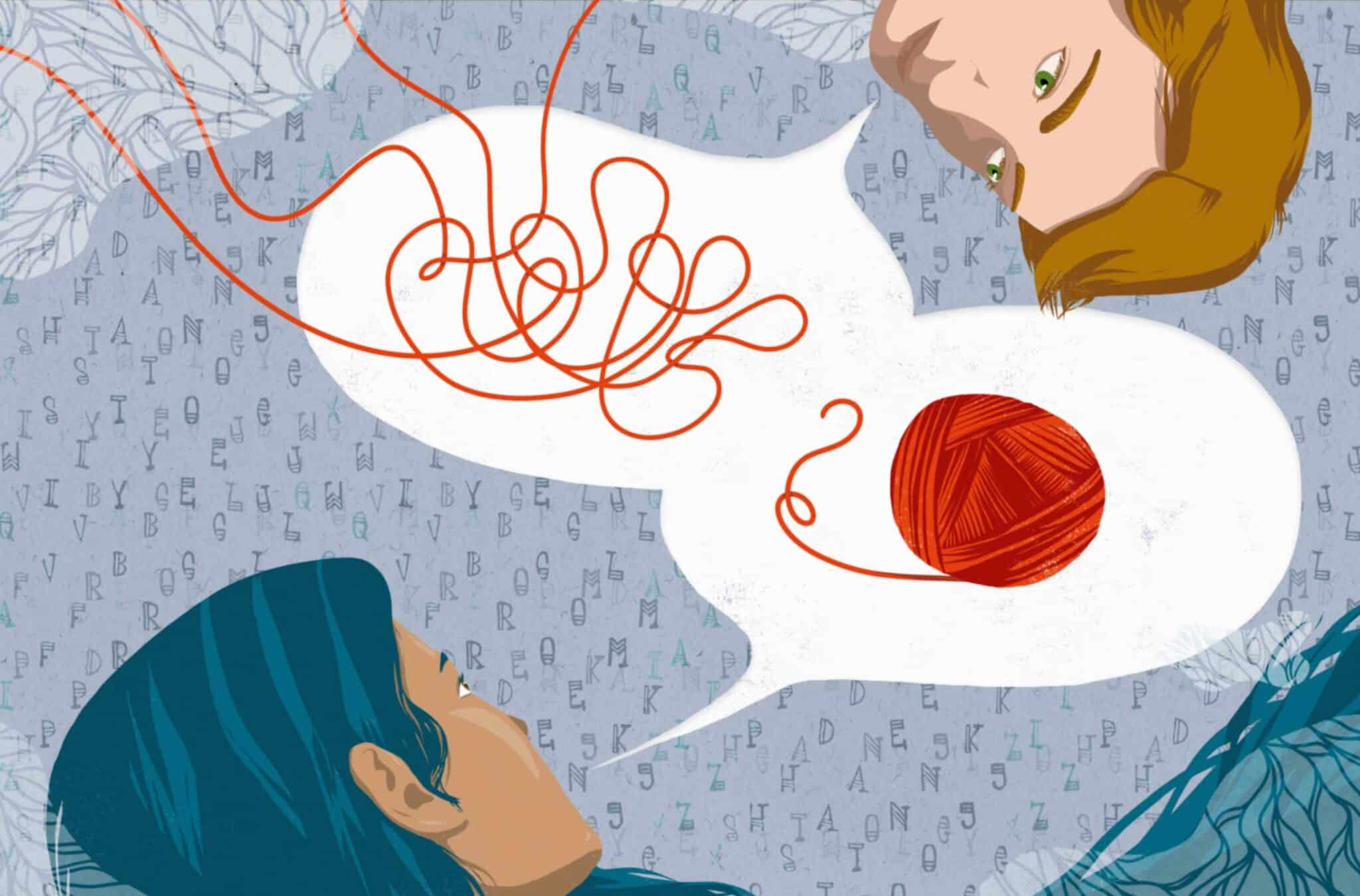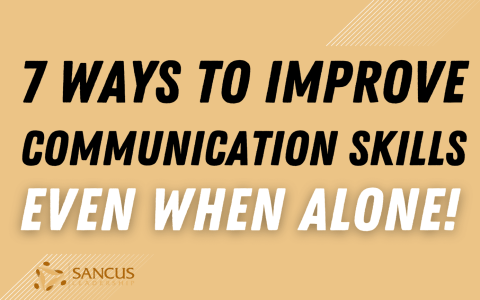Okay, so I’ve been trying to get better at communicating, especially when things get tense. I started this thing called “Non-Defensive Communication”, and let me tell you, it’s been a journey.

First off, I started by just realizing when I was getting all defensive. You know those times when someone says something, and you instantly feel like you gotta jump in and defend yourself? Yeah, those moments. I started noticing them more.
Then, I tried to catch myself before I reacted. I started to use some simple phrases like, “Tell me more about why you think that,” or “Help me understand where you’re coming from.” Sounds simple, right? But man, it was tough at first. My brain was like, “No, defend! Defend!” but I forced myself to stay calm and ask these questions instead.
Next up, I worked on my body language. I mean, you can say all the right words, but if you’re standing there with your arms crossed, looking like you’re about to explode, it’s not going to work. So, I started making eye contact, turning my body towards the person, and nodding while they talked. I also tried to put away my phone, turn off the TV, you know, actually pay attention.
And then there’s this thing called “active listening” that I started practicing. Basically, you summarize what the other person said before you respond. So I’d say something like, “Okay, so what I hear you saying is…” and then repeat back what I thought they meant. It felt a bit weird at first, like I was in some kind of therapy session, but it really helped clear things up.
After a conversation, I started asking for feedback, too. I’d say something like, “Did that make sense? Was I clear?” It was a bit awkward, but it showed that I was willing to listen and learn.

I also tried to empathize more. Like, instead of thinking about how I felt attacked, I tried to think about why the other person might be feeling the way they did. It’s not about agreeing with them, but just trying to understand their perspective.
- It’s a lot of work to change how you communicate, especially when you’re used to getting defensive.
- It’s not about never feeling defensive. It’s about recognizing those feelings and choosing to respond differently.
- It’s about showing respect for the other person, even if you don’t agree with them.
- It takes practice, practice, and more practice.
Here’s what I learned so far:
Honestly, I’m still messing up sometimes. Old habits die hard. But I’m getting better, and my relationships are already feeling the positive effects. It’s not always smooth sailing, you know, relationships have their ups and downs, but now I feel like I have some better tools to navigate the rough patches. It’s like, instead of building walls, we are trying to build bridges, one awkward conversation at a time.










